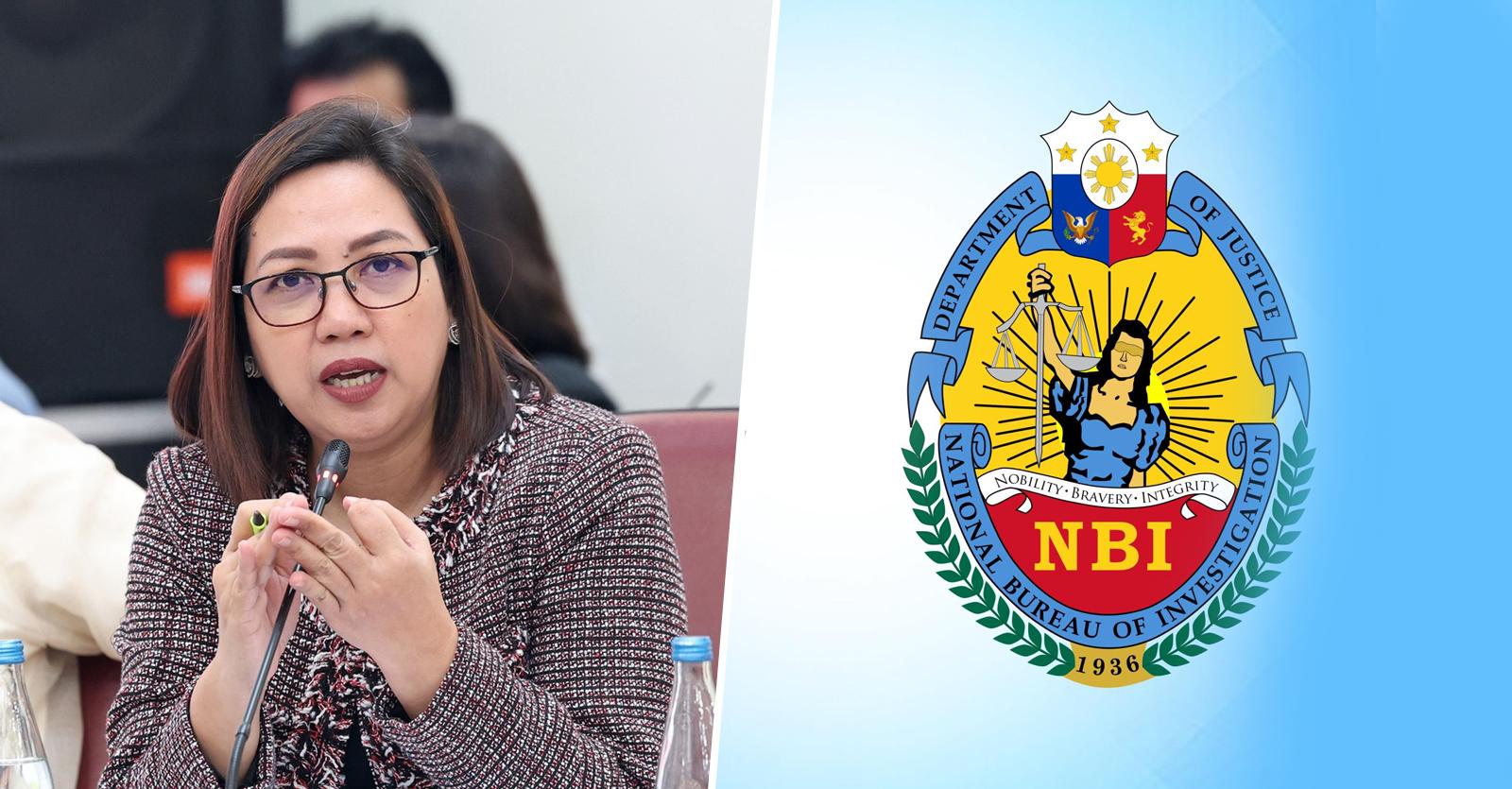
By Dean Aubrey Caratiquet
The National Bureau of Investigation (NBI) was tasked by the House Quinta-Comm (Murang Pagkain Supercommittee) on Wednesday to look into the role of “middlemen” in alleged manipulation of rice prices that is burdening Filipino consumers and farmers.
The motion, forwarded by House Deputy Majority Leader and Iloilo 1st District Rep. Janette Garin, sought to identify individuals and organizations responsible for significant mark-ups in the rice supply chain.
“With this, Mr. Chair, will this august body allow me to put forward a motion to direct the [NBI] to investigate [both ways]—from the retailers to the middleman to the wholesalers, or wholesalers papunta rito sa mga middleman papunta sa mga retailers—so we can specifically identify the responsible people in terms of price manipulation. I so move, Mr. Chair,” Garin said.
This is on account of the Philippine Competition Commission’s (PCC) presentation detailing the vulnerabilities in the rice supply chain especially among vertically integrated entities and middlemen.
“Sa pananaw niyo po, Mr. Chair, doon sa ipinakitang flow ng [PCC] kanina, there was a chart presented by PCC and they mentioned the vertical aspect itong dito sa wholesaler papunta sa retailer, tila meron doon mga middlemen. ’YOn po ba, kaninong ahensya ang pag-police ng mga middlemen na iyon?” Garin quizzed Agriculture Secretary Francisco Tiu Laurel Jr. to determine the agency responsible for monitoring middlemen in the rice market.
“In my opinion, Mr. Chair, wala,” Tiu Laurel admitted, further highlighting the regulatory gaps that allow manipulative practices to persist unchecked.
The Iloilo lawmaker highlighted the implications of such loopholes in legislation, noting that the enactment of the Rice Tariffication Law in 2019 stripped the National Food Authority (NFA) of its power to intervene and stabilize prices by selling rice.
“Natanggalan ng power ang NFA na magbenta ng bigas. Bakit ito importante? Dahil kapag nagkakaroon ng sabwatan sa baba, pumapasok ang gobyerno para magbenta at ibaba ang presyo,” Garin pointed out.
Lawmakers delve into roots behind artificially-inflated rice prices
During the hearing, lawmakers zeroed in on rice importers, traders, and middlemen suspected of collusion. Despite tariff reductions (from 35% to 15%) intended to make rice more affordable, retail prices remain high, ranging from P55 to P60 per kilo.
“At ’yong retailer ay tila hindi nabibigyan ng direct na linya papunta sa totoong wholesaler kasi kontrolado nito ang mga middleman na ito,” Garin highlighted.
Government data has shown that the tariff reductions have resulted in P13.3 billion in lost revenue, which lawmakers suspect may have ended up benefiting rice importers and traders instead of lowering retail prices.
Citing the NBI’s earlier probe into onion price manipulation, the Iloilo lawmaker recalled how investigators scrutinized the minute details of transactions from wholesalers to retailers and exposed those who greatly profited from said malpractice.
“Noong inisa-isa ko na, nakita natin ang mga nagtatago dahil iba ang sinasabi ng importer, wholesaler; iba naman ang sinasabi ng farmers’ association. Only to realize na ‘yong nasa gitna na siyang malaki ang kinikita, there was actually a jump of, I believe, P250 to P300 per kilo profit only net for that specific person and organization na ngayon nga [ay] kinakasuhan na ng NBI,” Garin explained, citing such as a blueprint for the rice price manipulation probe.
“To clarify, Mr. Chair, my motion was for the NBI to do both ways—either retailer, backward hanggang sa source sa Customs, or from the importer papunta sa retailer—indicating the price so that we can really identify whether there is price manipulation or there is unacceptable profiteering and economic sabotage at the level of the middleman.” She appealed to the NBI, urging them to replicate the same approach for rice.
The upcoming NBI investigation is expected to uncover whether manipulative practices by middlemen constitute economic sabotage or profiteering, potentially leading to criminal charges and regulatory reforms. (with report from Mela Lesmoras/PTV News)
-iro
